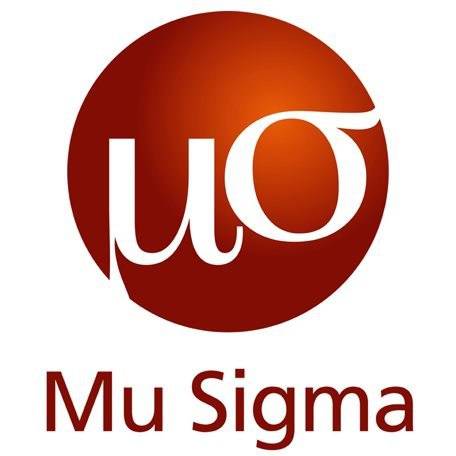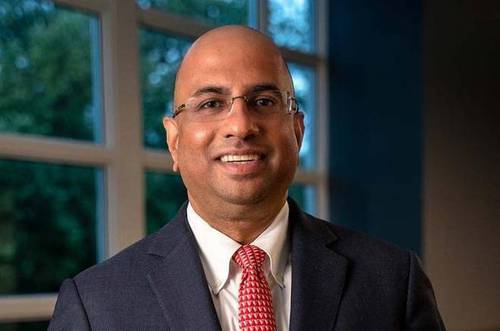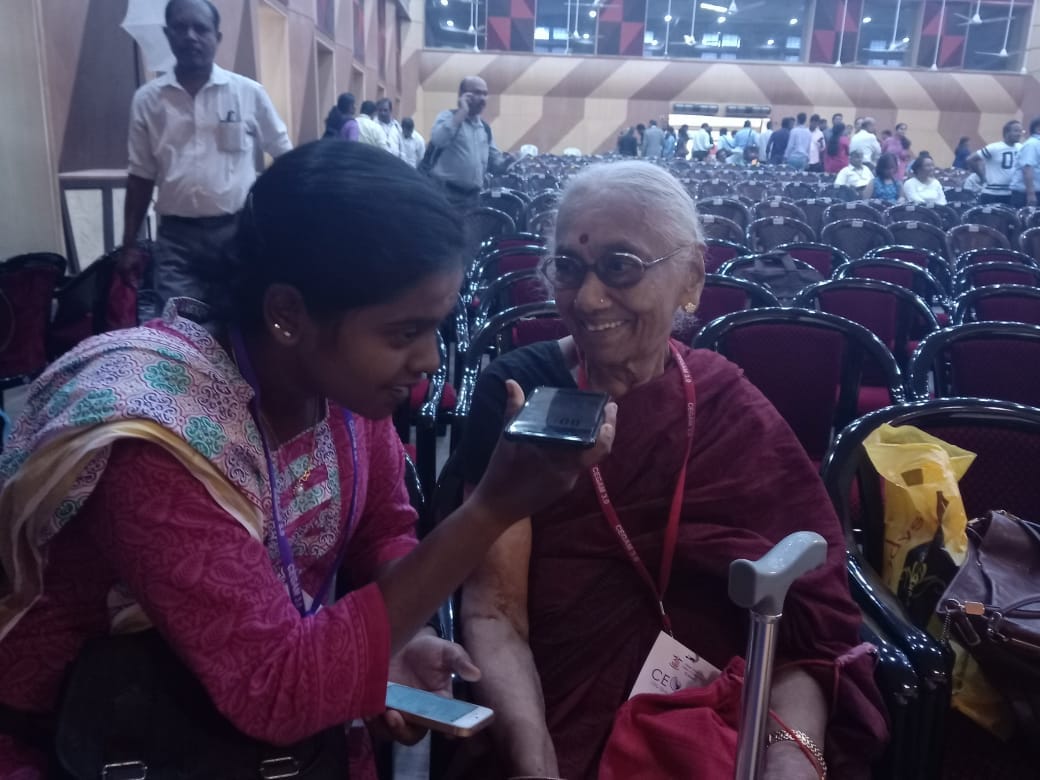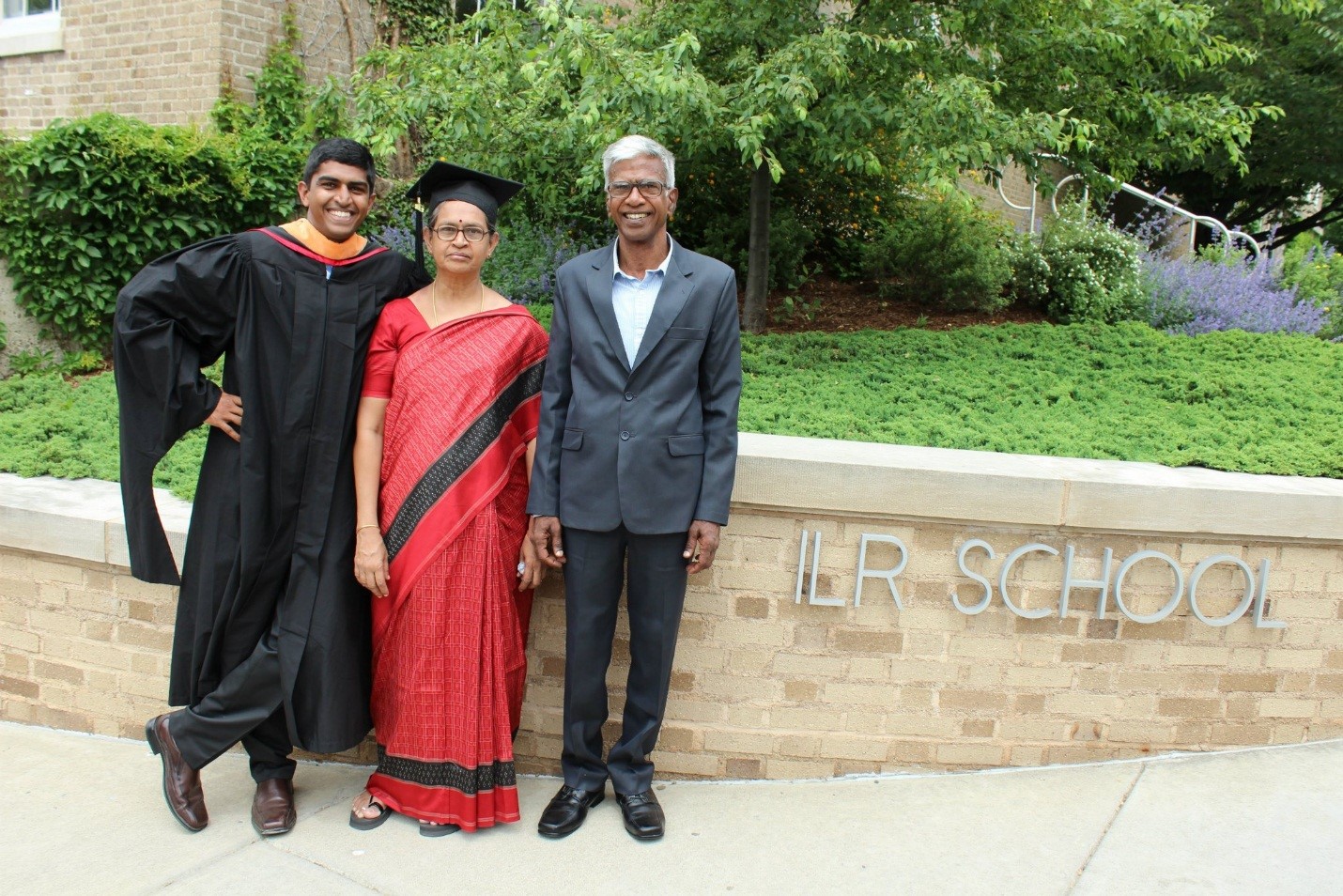“Demystifying Engineering” - The What, Why & How
Disclaimer: This piece of work is a by-product of constant introspection over a period of 8 years, sharpened by the wisdom of fellow engineers all around the world. The author intends to illuminate the path that lies ahead of the younger generations of ‘CEGians’, since the same bear his footsteps. The author claims no absoluteness of the wisdom shared.
Greetings to my juniors,
It has been five wonderful years since life took me from the gates of our sprawling campus into the corridors of power. Thinking and introspection has kept me preoccupied throughout this time. Man’s search for meaning begins when one’s milestones appear to have been achieved. The experience of one’s life provides answers to the constant search for this elusive meaning. It is at this juncture, one starts to look behind at the path he/she had chosen to tread. To say that I cherish each of my memories in CEG would be an understatement. To put them aside would be a grave injustice. Through the following words I try to provide a meaning to the four years of my life as an engineering student.
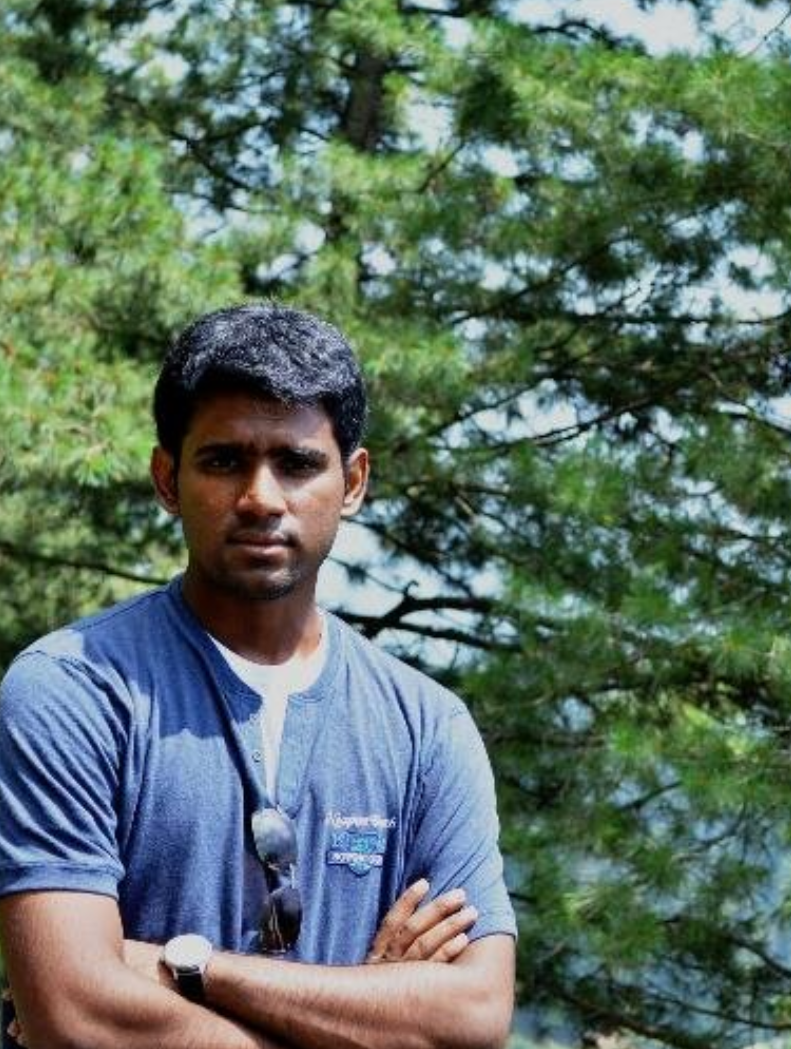
What is Engineering?
Engineering has been a curious word throughout the ages. Engineering typically involves the implementation of fundamental knowledge of science towards the creation of novel solutions. In other words, engineers intend to create the world out of the existing corpus of scientific knowledge. The world around us is filled with technologies that help us carry out our day-to-day activities.
Science remains an abstract concept in the minds of many people, unless it is harnessed to suit the needs of mankind in its daily endeavors. What use would the physics of nuclear fission be unless it is harnessed in a way that benefits mankind by means of nuclear reactors? What use is the conductivity of a semiconductor unless it is translated into efficient lighting and electrical transmission systems? Hence, engineering is the logical conclusion of science.
Why Engineering?
Engineering provides humans the instruments that are needed to navigate the environment in which they live in. The natural world is very hard for humans to live comfortably. Being among the weakest of mammals at birth, human beings had to find out a way to survive this natural maze.
The earliest engineers used the mechanics of motion to hunt wild animals, harnessed the potential of heat to cook food for better digestion and utilised the laws of buoyancy to stay afloat in dangerous waters. All these activities were done despite the lack of scientific knowledge about motion, fire and floatation and helped human beings in their fight for survival against the hostile natural world.
It is no wonder that engineering had preceded science. Scientific enquiry into causal relationships had to wait until the dawn of the middle ages of history.
How to Engineer an Engineer?
Some of us choose engineering as the subject of choice of study due to an inherent interest in one or the other disciplines of science. A majority choose engineering out of social conditioning, such as the influence of parents and teachers, the lack of awareness about alternative fields of study, lucrative employment options and so on.
I believe most of you would have gotten a real taste of engineering during the Mathematics classes in the first semester. Having sat through the classes, I can empathize with those who weren’t able to understand the lectures. Even then, not many of us would sit and ponder at our inability to understand what is taught in the classes. Whose fault is this?
An engineering student, in the first year, has to be given an idea about the purpose behind such lectures. An introductory session that highlights the relationship behind the subject of lecture and its real world application would be a step in the right direction. The students of every department should be exposed to the course content and the rationale behind the syllabus for the four years. An example worth illustrating here is the case of a Mechanical/Manufacturing engineer building a simple machine component such as a bolt at the end of his/her graduation.
Even a seemingly simple object such as a bolt can be difficult to build when the right knowledge is not in place.
A bolt is essentially a fastener with an accompanying nut to secure a joint. The first question a student should ask is whether the bolt is required or not. This necessitates an understanding of the types of joints and their comparative strengths and weaknesses for a particular purpose. The forces that act on this bolt when it is applied to a real life problem should be factored in to ensure that this bolt does not fail by fracture, shear or yield during the phase of operation. This cumulative knowledge is due to the learning of Engineering Physics, Strength of Materials and Machine Design.
The next question to consider is the manufacturing process to be adopted to give a physical shape to this bolt. Since there are ‘n’ number of ways to manufacture the same component, an in-depth knowledge of the manufacturing and forming techniques is paramount and a student acquires this knowledge through various lectures on Manufacturing Processes and Forming Techniques.
The economics involved in the manufacture of a single bolt varies for mass production on a large scale. It is here the knowledge about Process Planning comes handy. The lectures on Process Planning are delivered in the final year of Engineering. Metal working at elevated temperatures is done to convert a piece of metal into the desired structure. The physical and chemical properties of the metal when subject to heat has to be understood. Engineering Materials and Metallurgy cover these characteristics of a metal in the 2nd year of engineering.
To sum it up, the skills needed by an engineer to build a component as simple as a bolt is built over a period of four years of study of various subjects.
This example can be extrapolated to every department of engineering to highlight the links between subjects studied and real world applications. An introductory session by the heads of the respective departments on these lines could be an eye-opener for the students. This could infuse an interest in approaching each and every subject with a heightened sense of enthusiasm and passion towards engineering in them.
Since Anna University has always championed the cause of social justice, many students from rural hinterlands belong to the category of First Graduates in their families. This initiative to expose the students with engineering can empower these less-privileged with the knowledge that their urbane counterparts are privy to.
The Habit of Reading - “Labor Omnia Vincit"
Gone are the days when students were exclusively dependent on the faculty members for the transmission of knowledge. The Internet should be extensively utilised for widening and deepening the understanding of gray areas. The habit of spending time every day with your books should be cultivated. Read and re-read the syllabus book to understand the “Objective” behind every topic. Try avoiding books by certain local authors, unless you have no other choice. Stick to authors of repute in the respective fields and do not hesitate to buy copies of these authors’ books.
It is here that I would like to point out the fruits of such labor. Recent reports of ASSOCHAM & NASSCOM have highlighted the deficiency in the skill levels of college graduates. The falling numbers in the placement statistics at CEG is a matter of grave concern. Less than 20% of Anna University students get placed at core companies of their choice and even fewer go ahead and become successful post-masters.
The remaining 80% either end up working in a profession they soon start disliking or remain unemployed, as I stand as a witness to some of the unlucky batch mates of mine. The competitiveness in the field of engineering can be felt only after the exit from the comfort zone of campus.
The phase of life of an individual from the age of 18 to 22 has been recognised by behavioural sciences as a defining epoch. This transition from teenage to adulthood induces a quest for identity in a human being. This thirst for an identity is gradually quenched in the ecosystem of the intellectually stimulating campus of Anna University.
An engineer born out of this insatiable thirst fills in those voids that God had forgotten to fill when he created this world.


